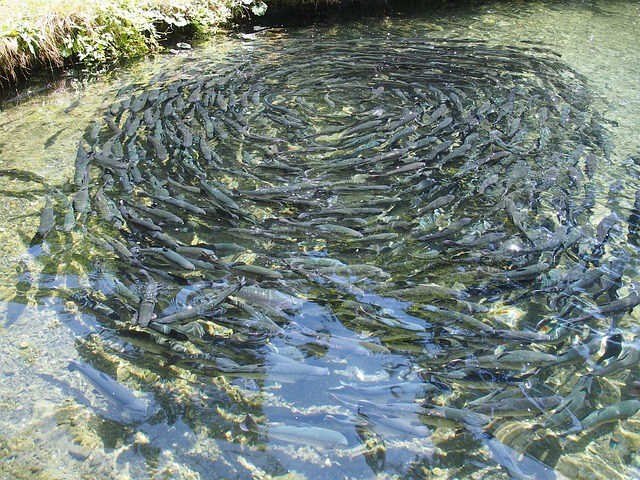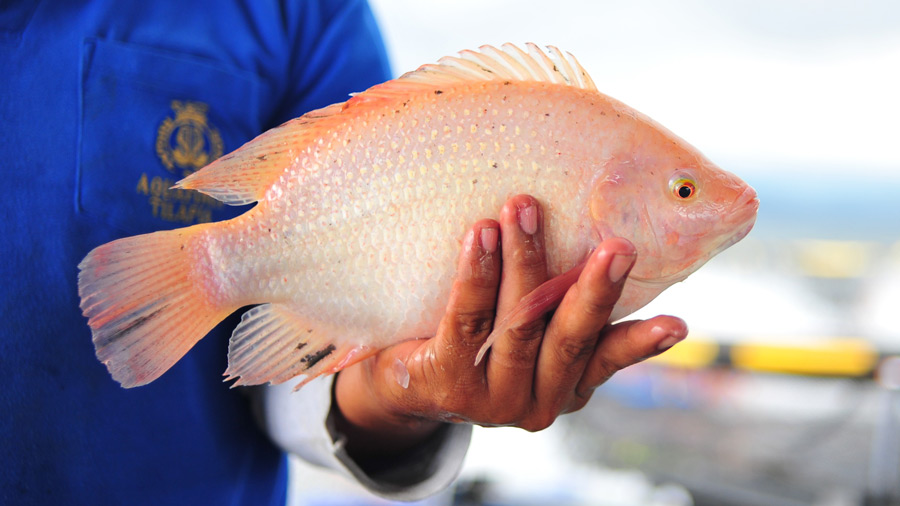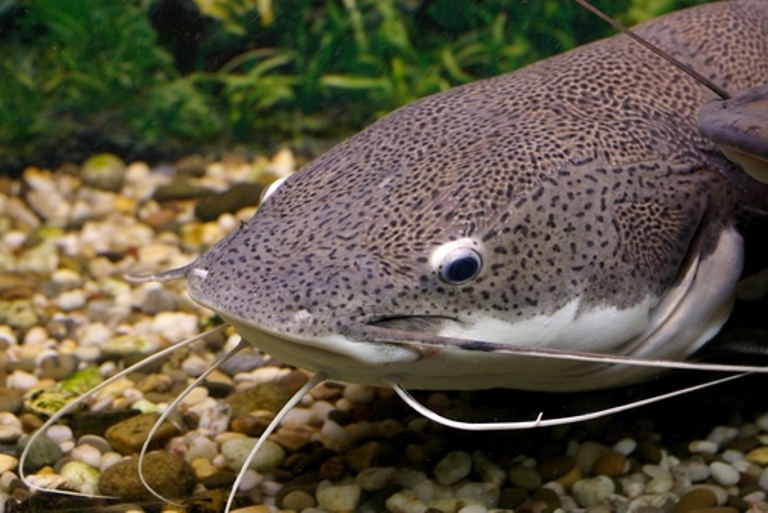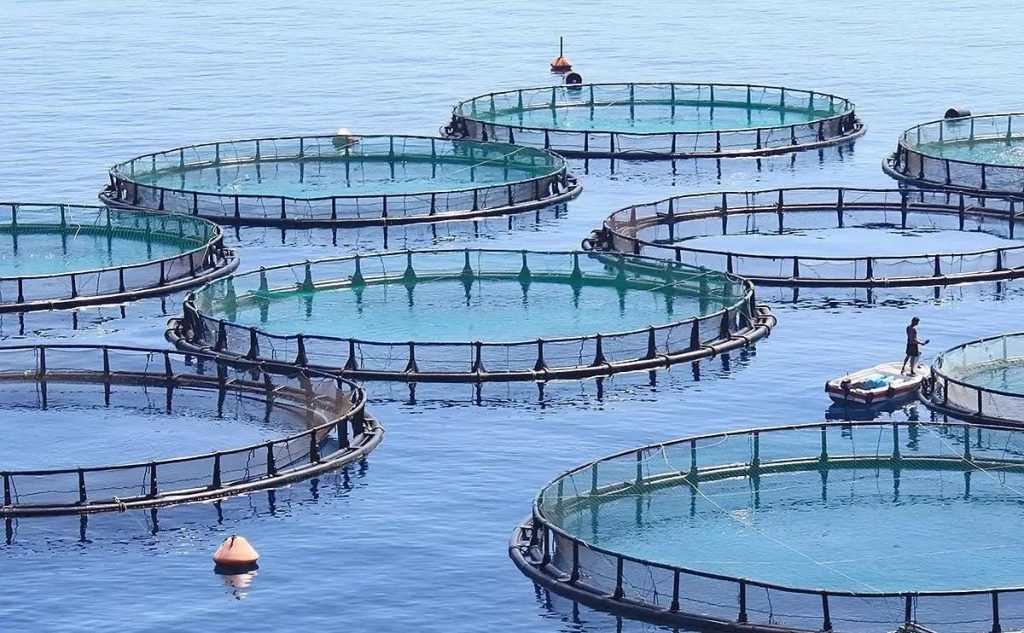Out of all ways to start your own business, the food industry still occupies the most popular spot. The reason for it is very simple: food is not subjected to trends, it will never go out of fashion, which means food producers will always have their business.
Fish farming in Nigeria may currently not be as popular as some other farming businesses, but it surely has a lot to offer to the businessmen. Find out how to start your own fish farm and make money!
Start your own business with the Jiji app
1. Why fish farming?
When you’re thinking about farming, a fish pond is probably not the first thing that jumps to your mind. However, it can be a very lucrative business. Here are the biggest benefits of fish farming business:
- Top meat in Nigeria: over 60% of all meat sold in Nigeria is different kinds of fish.
- Affordability: buyers who are shopping on a budget are more likely to choose meat over other meats.
- Health: as well as other seafood, fish is considered to be a healthier alternative to red and fatty meats.
- Quick growth: while farming fish and ensuring good care of your farm, you can expect results very soon.
- Profit: fish business has one of the highest returns on investment in the food industry: within 6 months you can expect about 125% ROI.

2. Which fish to choose?
There are hundreds of types of fish farmed around the world, but not all of them are suitable for Nigerian climate. The three best fish species to grow in Nigeria are:
- Tilapia. This fish is quickly becoming one of the most commonly grown species both in Nigeria and globally. Tilapia fish farming in Nigeria offers great rewards from the start, as there lots of uses for tilapia in the food industry.
- Catfish. This species is one of the easiest ones to grow in Nigerian climate, which explains its popularity both among fish farmers and buyers, who love it for its affordability and distinct taste.
- Mackerel. Unlike the two previous species, which can be grown in fresh water, mackerel lives in salty water only, which is why it’s not as commonly farmed in Nigeria. However, with some effort, you can start a mackerel farm too.

3. How to start fish farming
As well as with any other business, the first thing to do before starting a fish farm is to create a business plan. Your fish farming business plan should a feasibility report, information about competitors, an outline of initial expenses, the list of workers and their salaries, and your plans for marketing and distribution. Besides, you will need to do the following:
- Acquire land. Luckily for you, fish can be grown nearly anywhere, which is why you can choose the most affordable piece of land in your area. Beginner farmers can get away with half of a land plot.
- Dig ponds. This is a very important step that you will likely not complete on your own – this work should be entrusted to professional engineers, who will also dig the boreholes for constant water supply and construct the drainage system. You can also add an overhead water tank for a regular supply of water.
- Get the fish. Contact another fish farm or a business that specializes in juvenile fish to get the necessary amount of fish to grow. Do your research before choosing the farm to buy fish from, as it needs to be healthy and high yield species.
- Train your staff. In order for the fish business to go smoothly from the first day, your workers need to know what they’re doing. You need to get training first, and then transfer the obtained knowledge to your staff.

4. How much does it cost to start a fish farm?
If you’re ready to start your lucrative business of farming tilapia or catfish, the last thing to know is how much you’ll need to invest. Well, according to experienced fish farmers, the smallest investment you can make is ₦3 million – in that case, you can expect to make ₦4 million by the end of 6 months’ time.

Grow your business using the Jiji app
# commercial cassava farming # how to grow watermelon in Nigeria










